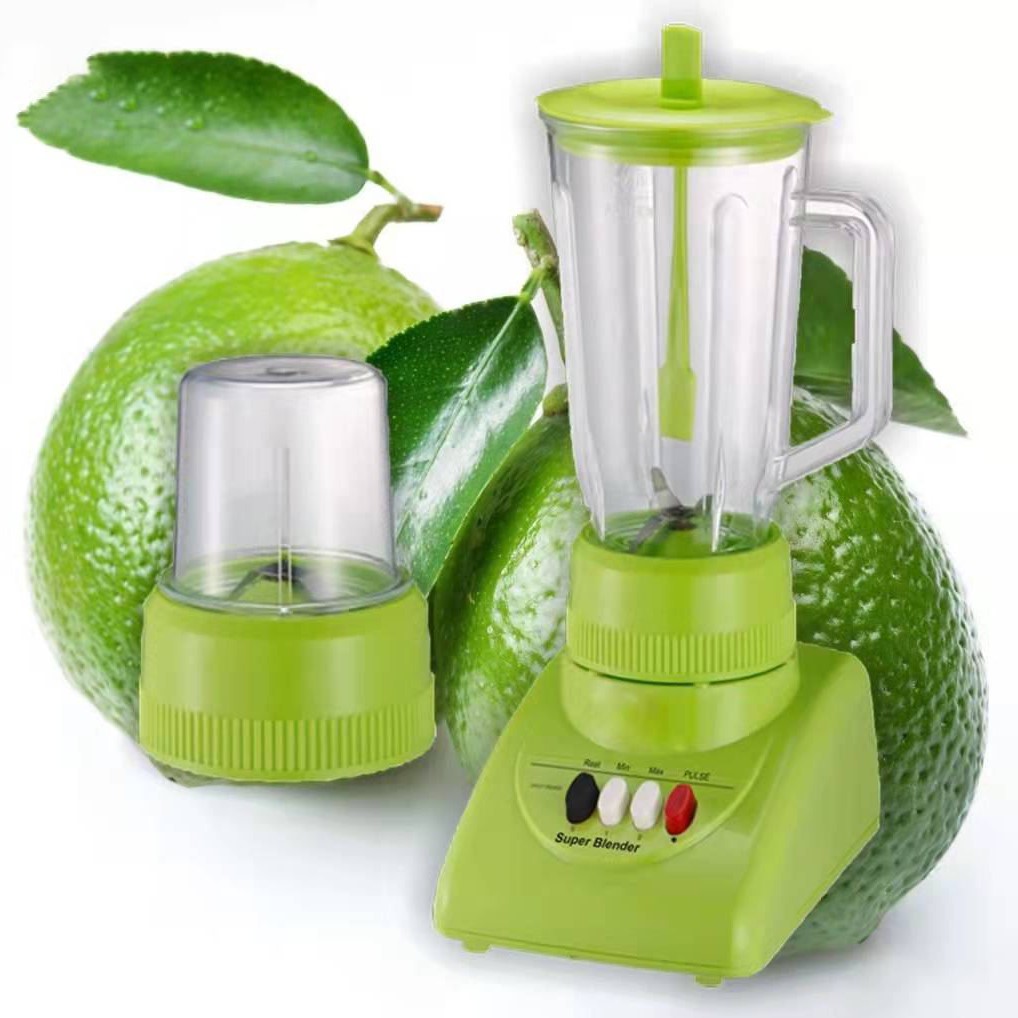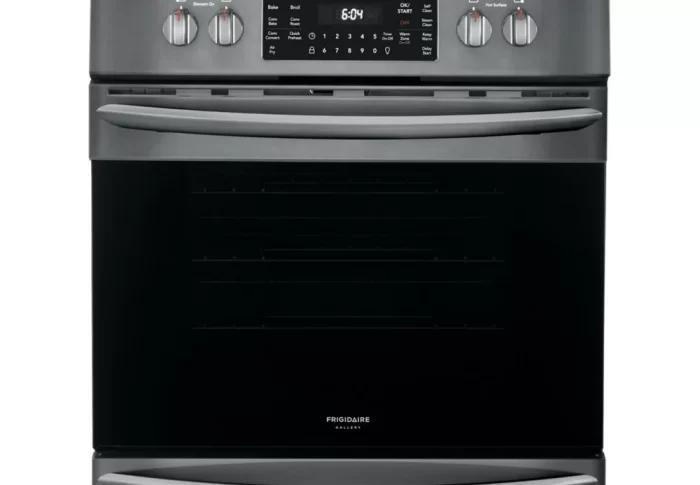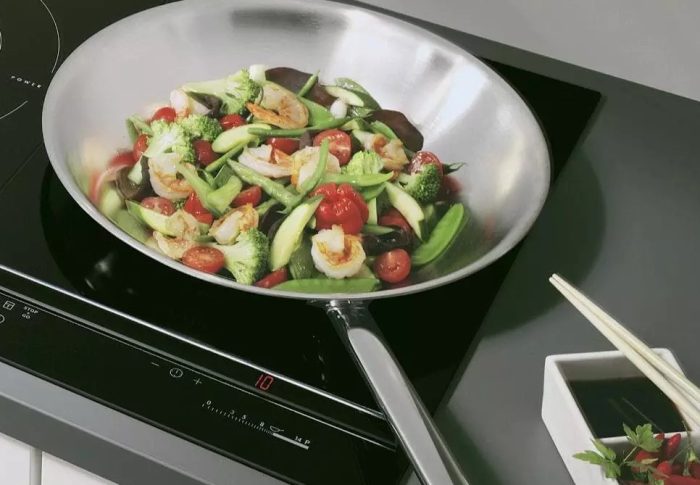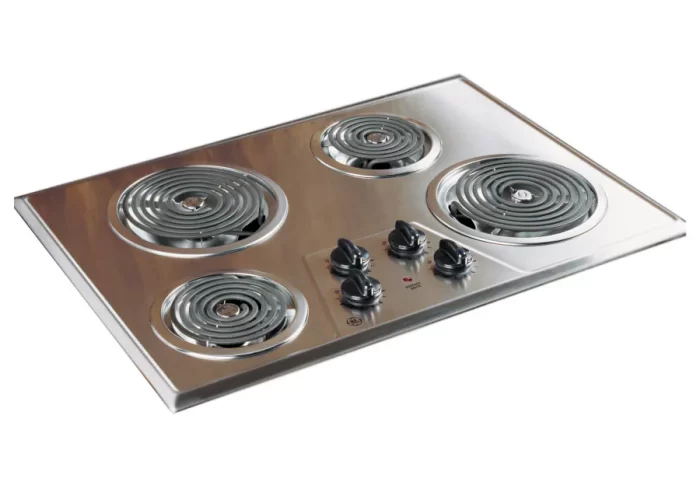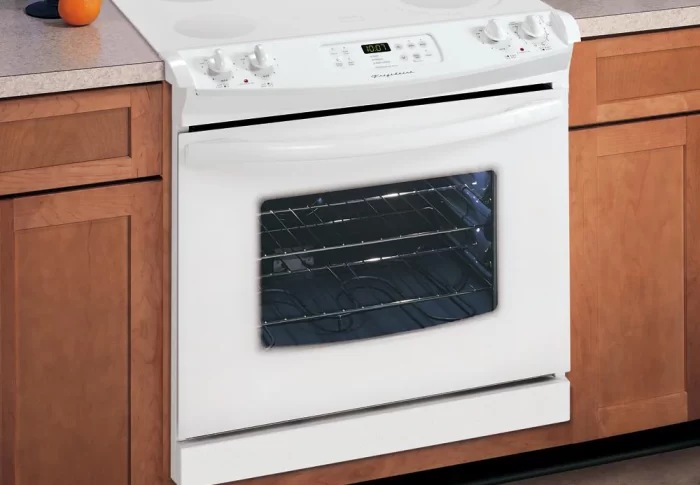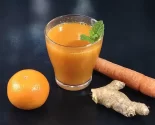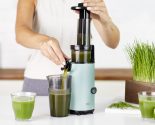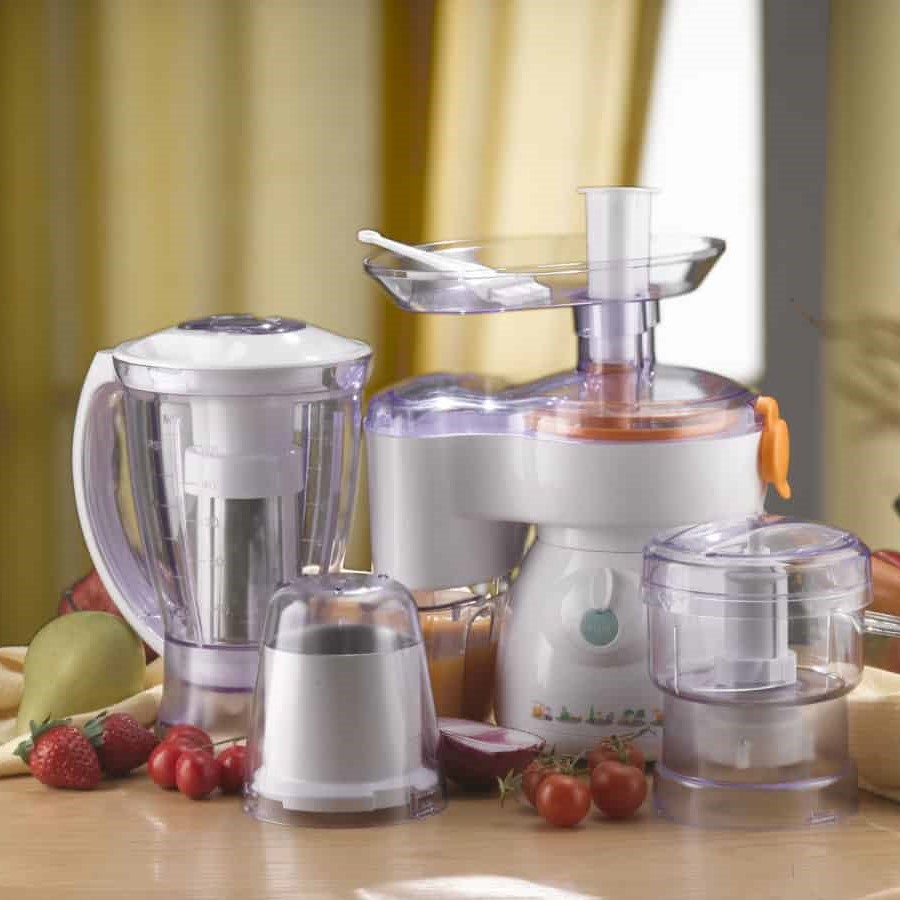
Juicer vs Food Processor: Which Suits You Best?
Introduction
In today’s world of cooking and meal preparation, kitchen gadgets have become essential allies for many home chefs. Two of the most popular appliances that often find their way into kitchens are juicers and food processors. While both devices serve to simplify the cooking process, they each have distinct functions, features, and benefits. This article aims to explore the differences between juicers and food processors, helping you understand which appliance best suits your culinary needs.
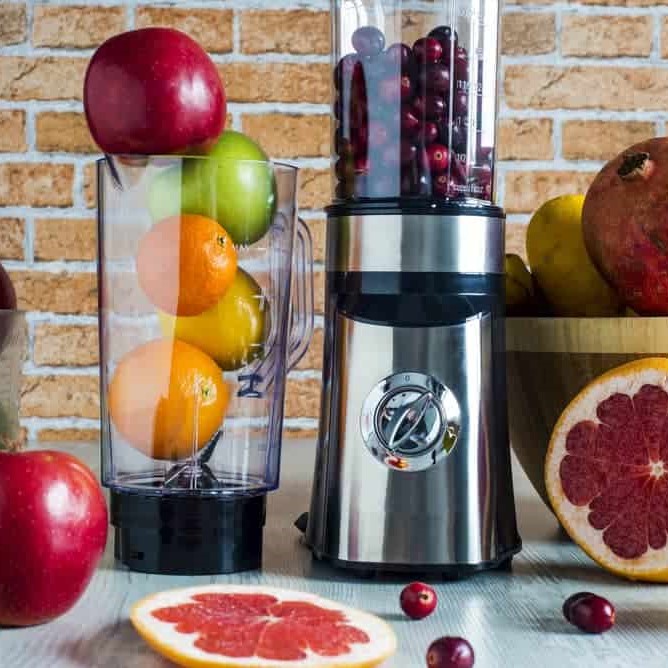 Understanding Juicers
Understanding Juicers
Juicers are specialized kitchen appliances designed for extracting juice from fresh fruits and vegetables. These devices can range from simple manual juicers to advanced electric models. At their core, juicers focus on maximizing the extraction of liquid while leaving behind the pulp and fiber. This process allows you to enjoy refreshing drinks rich in vitamins and nutrients.
Types of Juicers
Centrifugal Juicers
Centrifugal juicers are among the most common types. They use a high-speed spinning mechanism to chop and then throw the produce against a mesh filter. The result is quick juice extraction. However, because of the heat generated during this process, some nutritional value may be lost.
Transitioning from centrifugal juicers, let’s consider slow juicers, which have gained popularity among health enthusiasts.
Slow Juicers (Masticating Juicers)
Unlike their centrifugal counterparts, slow juicers operate at a much slower speed. They crush and grind the produce to extract juice, which helps preserve more nutrients. This method is particularly beneficial for leafy greens, wheatgrass, and soft fruits. If you prioritize nutrition, a slow juicer is your best bet.
The Benefits of Juicing
Juicing offers several advantages beyond simply providing a delicious drink. First and foremost, it’s a fantastic way to increase your intake of fruits and vegetables. Incorporating freshly squeezed juice into your diet can serve as a nutritious boost, giving you essential vitamins and minerals.
Moreover, juicing can act as a detoxifying agent for your body. Many enthusiasts believe that consuming juice made from vegetables such as kale, spinach, and beets can support liver function and promote overall health.
Although rich in benefits, juicing is not without its drawbacks.
Downsides of Juicing
One notable downside is that juicing often removes fiber from fruits and vegetables, which plays a crucial role in digestion. Thus, unless you are mindful about including whole foods in your diet, you could inadvertently miss out on this important component.
Additionally, juicing can be time-consuming and requires cleaning of multiple parts. If you are short on time, this appliance may not be the best fit for you.
Exploring Food Processors
Food processors, on the other hand, are versatile kitchen machines designed for a multitude of food preparation tasks. From chopping vegetables to mixing dough, food processors simplify many cooking processes, making them invaluable tools in bustling kitchens.
Types of Food Processors
Mini Food Processors
Mini food processors are compact versions that cater to smaller tasks. They are perfect for quick chopping or emulsifying smaller quantities, making them a great choice for someone cooking for one or two people.
Transitioning from mini processors, let’s highlight full-sized food processors, the workhorses of the kitchen.
Full-Sized Food Processors
Full-sized food processors come equipped with a variety of attachments and blades, enabling a wide range of functions. They can slice, dice, chop, shred, and even knead dough. Their versatility is one of the primary reasons many home cooks choose to keep one in their kitchen.
The Benefits of Using a Food Processor
Food processors offer several benefits that make them indispensable for anyone who enjoys cooking. For one, they can save you significant time in the kitchen. Tasks that usually take a considerable amount of time, such as chopping onions or grating cheese, can be completed in a fraction of the time when using a food processor.
Moreover, food processors promote uniformity in food preparation. When you chop or slice with a knife, it’s easy to create uneven pieces, which can affect cooking times and presentation. A food processor ensures you achieve consistent sizes every time.
Another advantage is the potential for creativity in cooking. With various attachments, you can whip up dips, sauces, and even dough with ease. The versatility of food processors invites experimentation, allowing you to explore unique and delicious culinary creations.
However, it’s important to also consider some downsides associated with food processors.
Downsides of Food Processors
While the benefits are significant, food processors do have a couple of disadvantages. For instance, they tend to take up more counter space than juicers and can be more expensive, especially considering the various attachments you may want to purchase.
Furthermore, while they can speed up food preparation, they do require more cleanup. The various parts need to be washed after each use, which may deter some people from using them regularly.
Juicer vs. Food Processor: Key Differences
Now that we have examined both appliances in detail, it’s time to take a closer look at the key differences between juicers and food processors.
Primary Function
The primary function of a juicer revolves around extracting juice from fruits and vegetables, whereas a food processor excels in performing multiple food preparation tasks. If your primary interest lies in beverages, a juicer is clearly the way to go. However, if you find yourself preparing a wide range of meals, a food processor is likely to be more beneficial.
Nutritional Benefits
Juicers typically offer more concentrated nutrition in liquid form. By extracting juice, you can consume a larger volume of fruits and vegetables without feeling overly full. However, this comes at the cost of fiber, a significant downside that food processors do not share. With a food processor, you can prepare whole foods that retain their fiber content, aiding in digestion and overall health.
Versatility
When it comes to versatility, food processors undoubtedly take the lead. While juicers are strictly designed for juice extraction, food processors can perform multiple functions, from slicing and chopping to mixing and blending. This versatility means that owning a food processor eliminates the need for multiple appliances, making it a cost-effective kitchen addition.
Clean-Up
Cleaning up after using a kitchen appliance can sometimes feel like a daunting task, and juicers might take longer to clean due to their more intricate design. Many juicers have more parts than food processors, and because juicing involves pulpy residue, cleaning can feel exhaustive.
In contrast, cleaning a food processor is generally quicker and easier. Most of the components can be placed in the dishwasher, streamlining the cleanup process.
Cost
When comparing the costs of juicers and food processors, you will often find that food processors are more expensive due to their multifunctionality. However, both appliances are available at varying price points to accommodate budget constraints. If you’re looking for a more basic appliance, entry-level models exist for both types, but it’s crucial to weigh the long-term value against the initial cost.
Making the Right Choice for Your Kitchen
Ultimately, the choice between a juicer and a food processor boils down to your individual culinary needs and preferences. Begin by considering your lifestyle.
Assessing Your Cooking Style
Do you prioritize quick juice blends or enjoy preparing intricate meals? If juices are your mainstay, a juicer will serve you well. On the other hand, if you relish preparing a variety of dinner recipes and snacks, a food processor stands ready to assist you.
Personal Health Goals
Additionally, consider your health goals. Are you committed to increasing your vegetable intake through juices? Then a juicer is a worthy investment. If you seek to maintain a balanced diet that includes fiber from whole foods, a food processor surely meets your requirements.
Space and Cleaning
Think about the available space in your kitchen as well. If counter space is limited and ease of cleanup is paramount, you might lean toward the food processor. Nowadays, compact models abound that can easily fit into smaller spaces while still offering multiple capabilities.
Conclusion: Juicer vs. Food Processor
In conclusion, both juicers and food processors serve unique purposes in the kitchen. Juicers excel in extracting liquid nutrition from fruits and vegetables, making them ideal for health-focused individuals seeking fresh, vitamin-packed juices. Conversely, food processors shine in their versatility, transforming a wide range of food items with efficiency. As you navigate the world of kitchen appliances, understanding the differences between a juicer and a food processor will guide you to making the best choice for your culinary adventures. With thoughtful consideration, you can enhance your cooking experience and love for food, discovering the joys of both juicing and food preparation.

